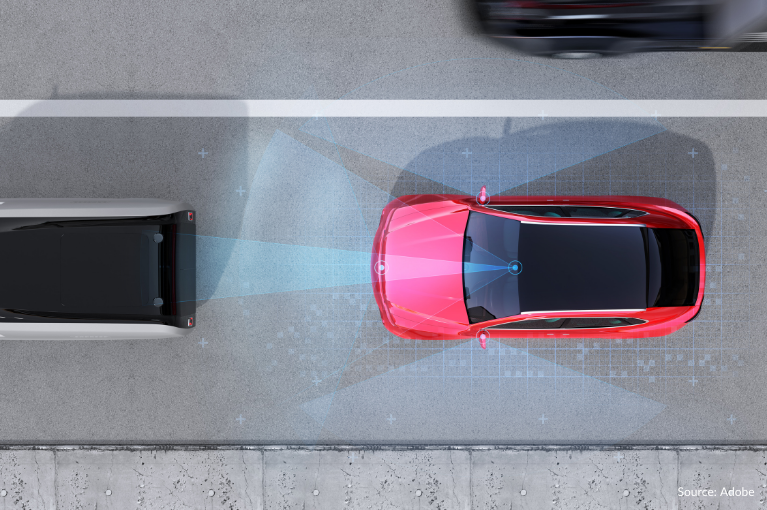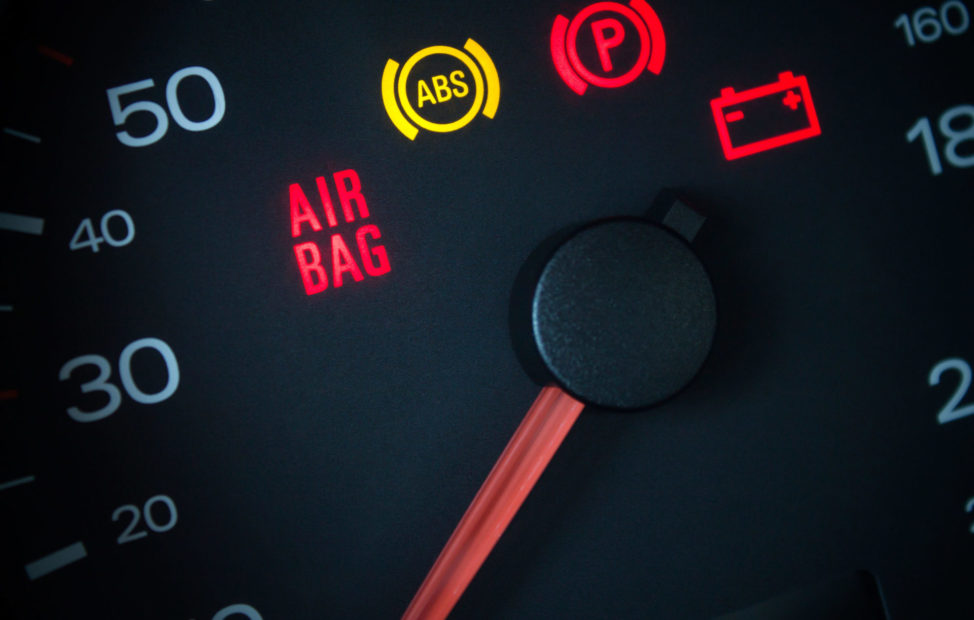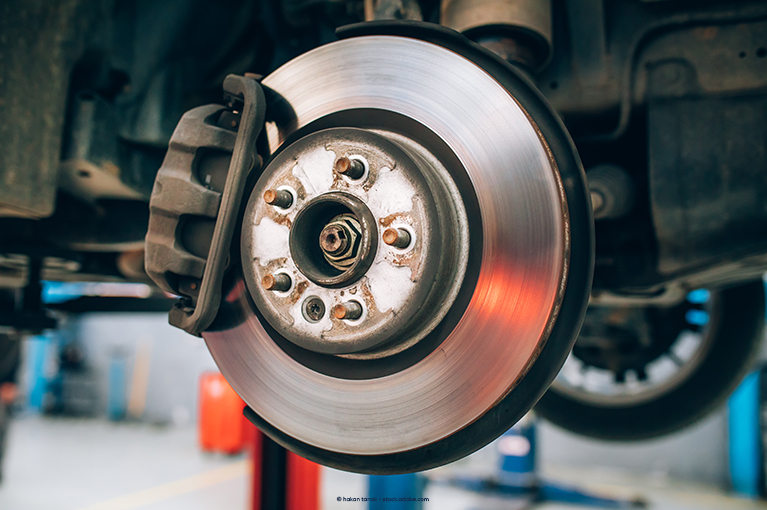Some Nissan vehicles, particularly more recent models, come equipped with faulty radar sensing systems that are supposed to detect obstacles and prevent crashes, but instead allegedly give false alarms and trigger the brakes at random.
 These radar systems were initially called Forward Emergency Braking (FEB) systems, and were later renamed Automatic Emergency Braking (AEB) systems. For simplicity, the system will be referred to as the AEB system throughout the article.
These radar systems were initially called Forward Emergency Braking (FEB) systems, and were later renamed Automatic Emergency Braking (AEB) systems. For simplicity, the system will be referred to as the AEB system throughout the article.
The Center for Auto Safety, an auto and consumer safety advocacy group, filed information requests, appeals and several lawsuits against Nissan, on the basis that Nissan knew about AEB issues in 2017–2018 Nissan Rogue vehicles but took little action to resolve them.
Two class action lawsuits were filed against Nissan for these alleged system defects. The first class action, filed in 2018, made claims that Nissan’s Forward Emergency Braking (FEB) systems gave false alarms and deactivated at random. The second class action lawsuit, filed in 2019, alleged that the Automatic Emergency Braking (AEB) systems showed similar defects.
The existence of these lawsuits did not mean that most drivers were aware of the defects. In the summer of 2020, mention of the AEB defects made it into a HotCars.com article titled “10 Glaring Problems With Nissan That Everyone Ignores.”
Natasha Brown wrote:
“Autonomous emergency braking systems, or AEB for short, are just one of the many new safety features which are becoming standard on cars as technology improves. Sensors detect when your vehicle might come into collision with another object and applies the brakes much faster than human reaction times would allow.
These systems may be designed to make the roads safer, but this only works if they are operating correctly, and the AEB system on some Nissan cars has been stopping the vehicles suddenly even when there was no collision imminent.”
Drivers who own or lease some Nissan models equipped with the FEB or AEB systems may have a lemon on their hands. Under the California Lemon Law, those who own lemons (or, defective vehicles) may be eligible to receive cash compensation, vehicle replacement or lemon law buyback. However, if you are a member of at least one class action that is certified to proceed, you may need to opt out by a specific deadline in order to pursue an individual lemon law case.
Lemon Law Help by Knight Law Group is an automotive lemon law firm that exclusively practices in California, with offices in Los Angeles, San Francisco, Sacramento and Orange County. If you are a California resident who purchased or leased a defective vehicle from a licensed dealership in California, we may be able to help you get rid of your potential lemon and recover significant cash compensation. Model year restrictions apply: 2020–Present vehicle models only.
However, we cannot help those who reside outside of California or purchased their vehicle outside of California unless they are active duty members of the Armed Forces, nor will we be able to refer them to a lemon law firm in their states.
To learn more about the California Lemon Law and your legal rights, visit our guide on the California Lemon Law for more information.




